About Us
Advertise With Us
RSS Feed | Content Syndication
Terms & Conditions
Privacy Policy
Contact Us
BollywoodShaadis.com © 2025, Red Hot Web Gems (I) Pvt Ltd, All Rights Reserved.
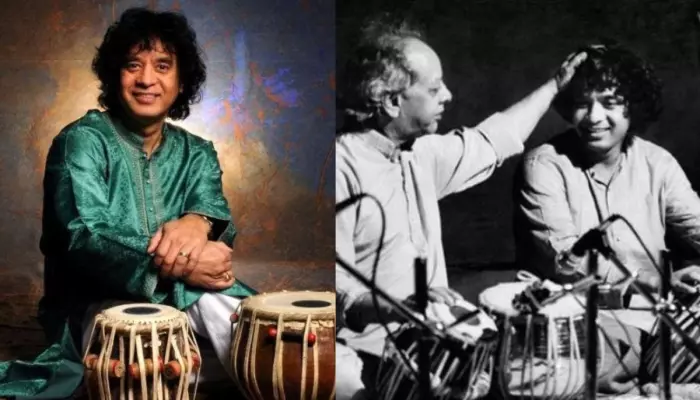
The tabla maestro, Zakir Hussain, was the pride of India. Born as Zakir Hussain Allaraka Qureshi to veteran table player, Ustad Alla Rakha was the recipient of four Grammys and various other accolades. Zakir Hussain was introduced to the world of rhythms at a very tender age. His father taught him the pakhawaj when he was just three.
The ustad of rhythms left for the heavenly abode on December 16, 2024, at a hospital in San Francisco in the US at the age of 73. He was suffering from idiopathic pulmonary fibrosis (a chronic lung disease) and had been hospitalised for the past few weeks. He was taken to the ICU when his condition deteriorated.
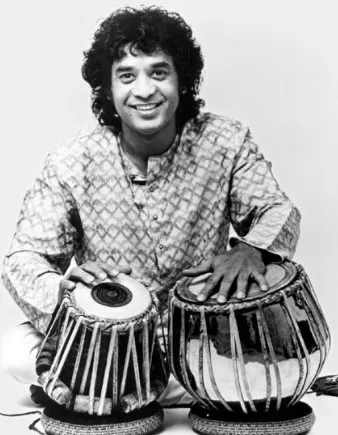
Zakir Hussain led a remarkable life, following in the footsteps of his renowned father. His musical journey began quite early when he started performing at the age of seven. By the age of 11, Zakir had already started his world tour. Do you know when Zakir Hussain was born, his father recited table rhythms in his ears instead of prayers?
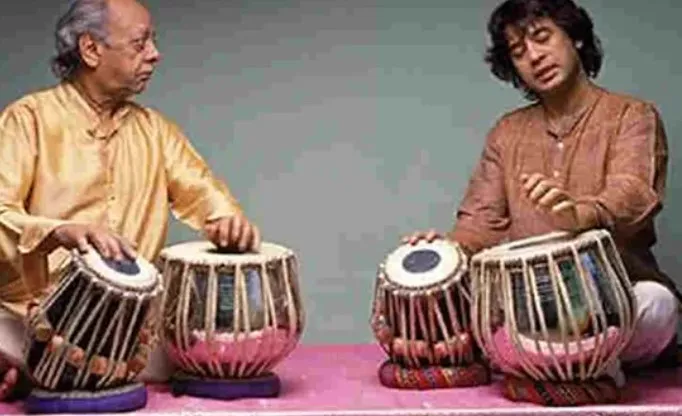
In an interview with PTI, Zakir Hussain revealed how he was handed to his father, Ustad Allah Rakha. Unlike everyone else, his father decided to recite the table rhythms to him. Speaking about the same, he said:
“I was brought home and handed over to my dad in his arms. The tradition was that the father is supposed to recite a prayer in the baby's ear, welcoming the baby and putting some good words. So he takes me in his arms, puts his lips to my ear and recites the tabla rhythms into my ears.”
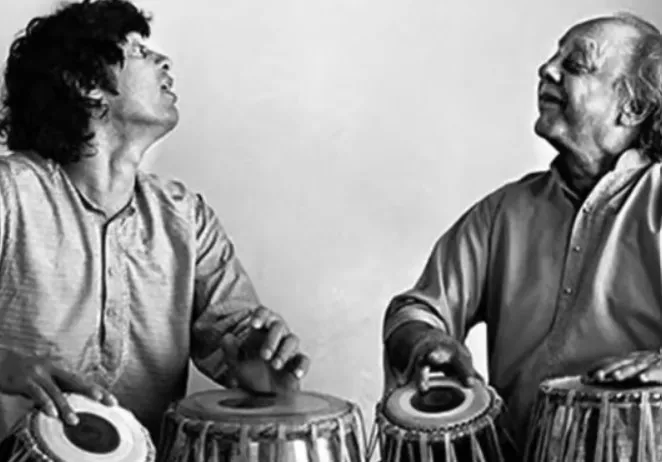
Seeing how the father did not recite the prayers to Zakir’s ears, his mother got furious, but his father’s response to her showed his devotion to his art. Revealing the same, Zakir continued and said:
Continue reading below
“My mother was livid. She said, 'What are you doing? You're supposed to say, you know, prayers, not rhythms'. And he said, but these are my prayers. This is how I pray. He said, ‘I am the worshipper of Goddess Saraswati and Lord Ganesh’. This was a devout Muslim talking. He said this is the knowledge he got from his teachers and wanted to pass it on to his son.”
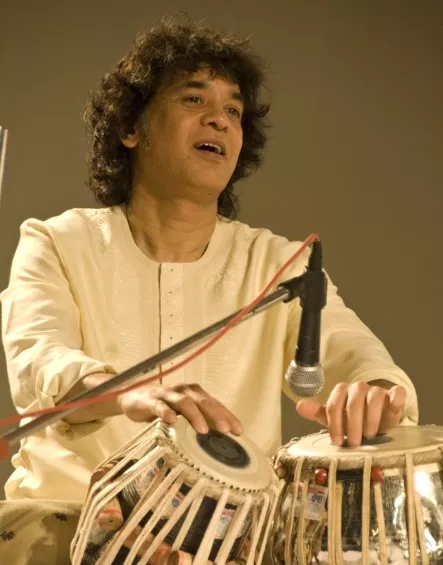
Zakir Hussain’s global appeal was such that he was the first Indian musician to be invited by the then President, Barack Obama, to perform at the White House. In a testament to his influence on global music, the United States National Endowment of Arts conferred him with the National Heritage Fellowship.
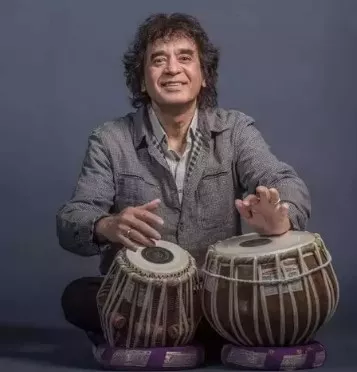
Apart from table, the curly-haired maestro also ventured into films and made his debut with the film, Heat and Dust in 1989. He not only composed the soundtrack of the film but also acted in it. He also camouflaged RD Burman’s role in Asha Bhosle’s biopic, Saaz, in 1998.
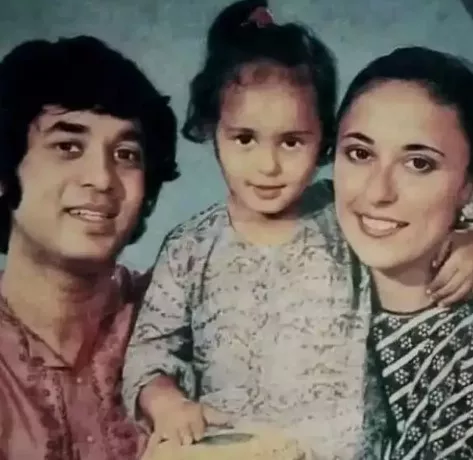
Talking about his personal life, Zakir Hussain was married to Kathak dancer, Antonia Minnecola, who was also his manager. The duo tied the knot in 1978 and were proud parents to two daughters, Anisa Qureshi and Isabella Qureshi. In Rendezvous with Simi Garewa, Zakir revealed that he was the first in his family to get married outside his caste. So, his mother did not support his decision to tie the knot with Antonia.
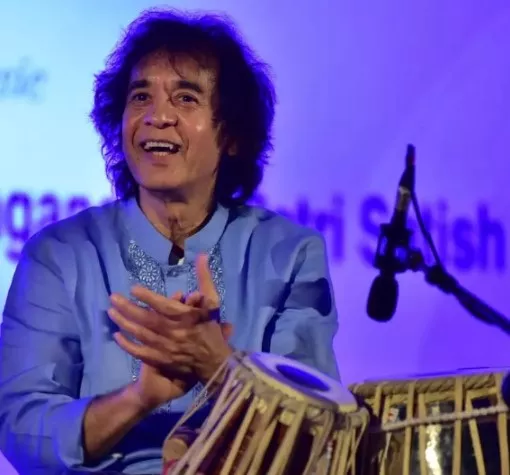
Throughout his six-decade-long career, Zakir Hussain’s contribution to Indian music garnered him widespread acclaim. He introduced Jazz and world music to Hindustani gharana. His wide smile and hopeful eyes captured millions of hearts.
Also Read: Meet The Late Tabla Maestro, Zakir Hussain's Wife And Leading Kathak Dancer, Antonia Minnecola
advertisement
advertisement
advertisement
